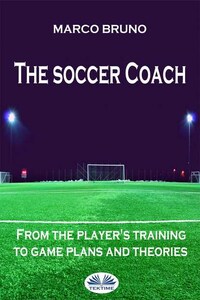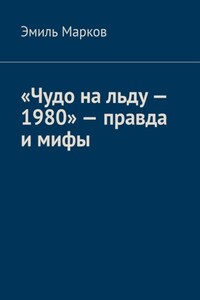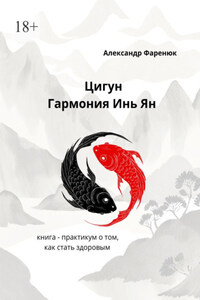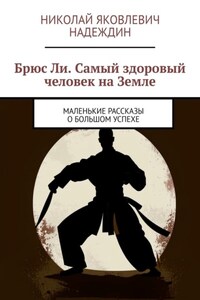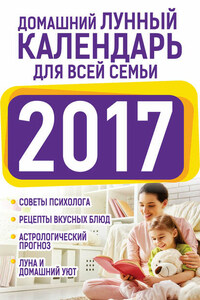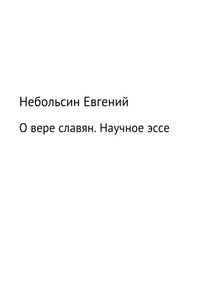Soccer is a simple and easily understandable game in its rules and in its course. Anyone can practice it because it does not require a particular physical structure or certain athletic skills; the athlete has a wide freedom of movement and therefore the possibility to express the best of him.
For this, the game of soccer is called free activity that, starting from a common basic technique, allows everyone to express their own personality and their own style; however, it is an uncertain activity, linked to the law of the case, and which is impossible to foresee.
Philosophically soccer is an ever-new and full-fledged adventure that can become spectacular; it is an activity of the present because the player builds his future during each game, the past does not matter.
I think there are key factors to work on in order to train one player in all his characteristics: technical, tactical, physical, mental and social. Obviously, we must make it clear straight away that training a young soccer player is completely different from training an adult one. For this reason I prefer to talk about the young soccer player’s formation before, and about the adult player’s training then.
In recent years, I’ve seen (and I still do) youth training coaches often making the same mistake: to train youths and kids as if they were adults.
When assuming responsibility for team leadership, each coach must have a clear understanding of the meaning of the word "training”. In an extremely general way, training is a process that produces a physical, motor, cognitive and affective change.
The athlete's sport training is:
- physical training,
- technical-tactical training,
- intellectual, psychic and moral training.
All this is accomplished through physical exercises. We can therefore define the training as “the combination of all the actions aimed at improving the modifiable factors that affect the performance to get the best efficiency."
The factors on which action can be taken are many, we can mention:
- training of physical abilities;
- training of technical abilities;
- training of tactical abilities;
- training of psychic abilities.
It is not possible to intervene on one of them without affecting positively or negatively the others.
If training stimuli are varied and directed at all abilities, the body is confused and does not know what response to such stresses. In training, combining multiple capacities does not cause a sum of adaptations, but instead it causes a subtraction of adaptations. Therefore, the coach does not have to train all the time, because otherwise he will be training bad, little or nothing. Physical exercise physiologists have always been interested in the adaptations of our body to the chronic exposure to physical exercise (training) and in particular:
to the principle of subjectivity, under which the training program should be established taking into account possible variations from subject to subject. Different people respond differently to the same training program.
to the principle of specificity, under which the training should reflect perfectly the type of motor activity that is taking place, in order to optimize its benefits. A weightlifter cannot train with the prolonged run.
to the principle of reversibility, under which the benefits of training are lost when the workout is stopped or decreased. For long breaks it is advisable to always suggest maintenance activities.
to the principle of the sequential overload, under which you need to stimulate the body (muscles, cardiovascular system) with ever increasing loads as the body fits.
